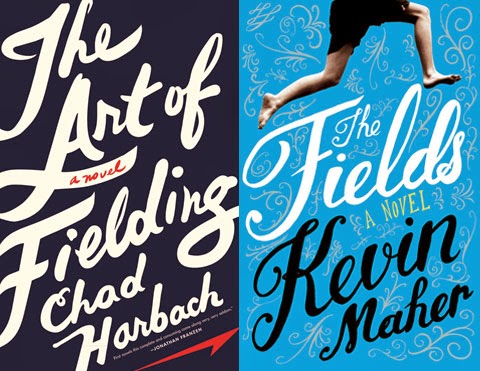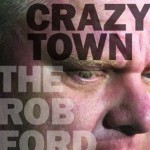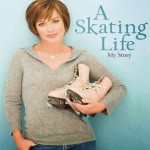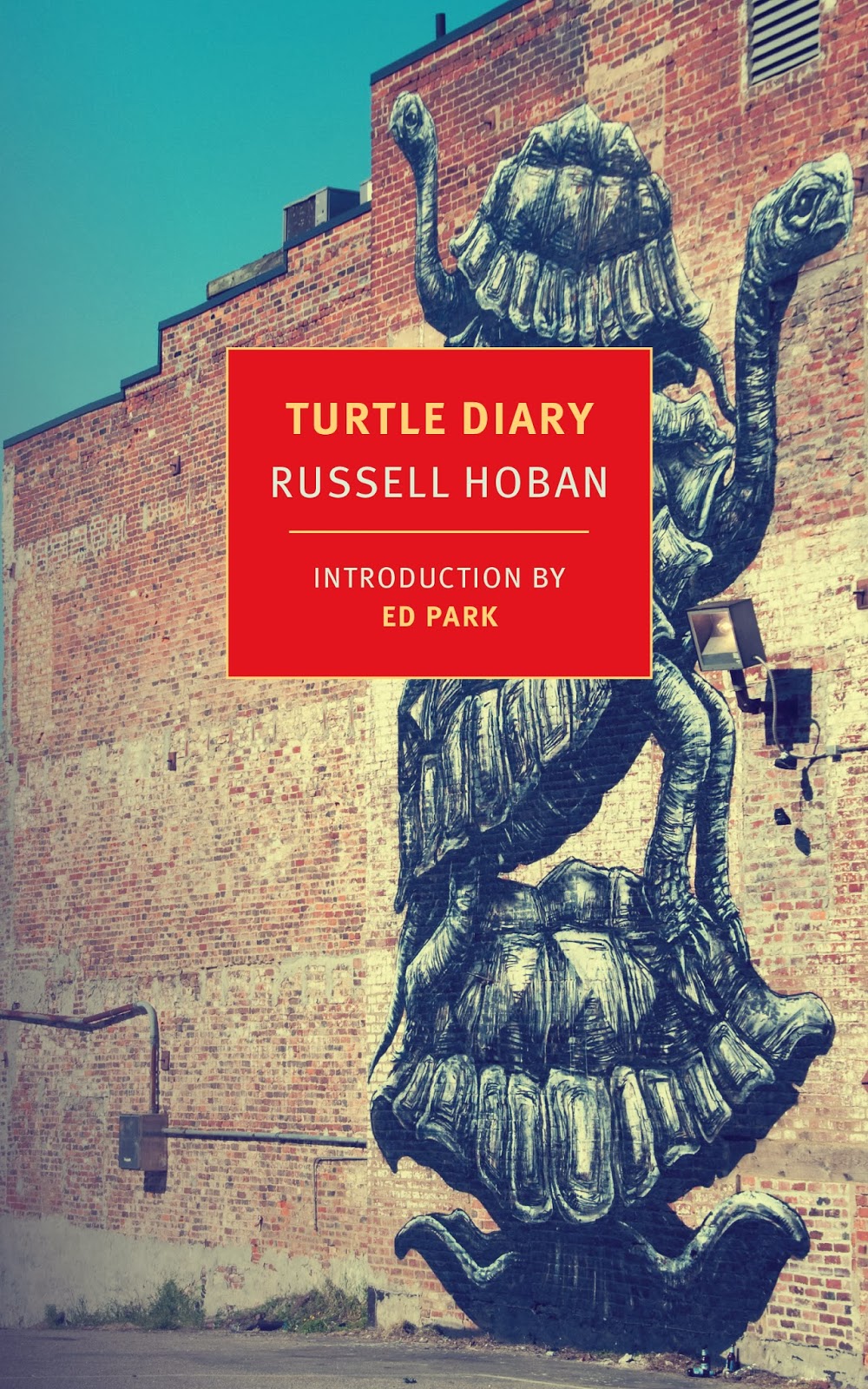 Russell Hoban’s Turtle Diary (M) is back in print after almost 40 years. The blurbs on the back – comparing him to “other cult writers – Salinger for instance, or Vonnegut” – make me shrink a little for not knowing who he is.
Russell Hoban’s Turtle Diary (M) is back in print after almost 40 years. The blurbs on the back – comparing him to “other cult writers – Salinger for instance, or Vonnegut” – make me shrink a little for not knowing who he is.
This edition is published by New York Review Books Classics. Looking through their other titles in our collection, there are many names I don’t recognize. This makes me feel better, and worse. Turtle Diary follows the lives of William G. and Neaera H. Short chapters alternate between their first-person narratives. He works in a used book store; she is a children’s book author. “By inexplicable coincidence each is irresistibly drawn to the turtle tank at the London Zoo…Then one day Neaera wanders into William’s bookstore, and together they form an unlikely partnership that will prove a small, and perhaps lasting, triumph of humanity and sympathy.” Okay, so triumph of humanity may be a little dramatic. But for me it’s tempered by turtles, the word partnership, and initials as last names. What exactly is going to happen in this little novel?
The Fields (M) by Kevin Maher. I’ve noticed this book several times. Whenever I see it, I think, it’s time to read that book! And then I quickly realize that I’m thinking of The Art of Fielding (M) by Chad Harbach. The covers are very similar with bluish backgrounds, and the title written in cursive, rising from left to right. This book – The Fields – is set in Dublin in the 80s, written by an Irish author.
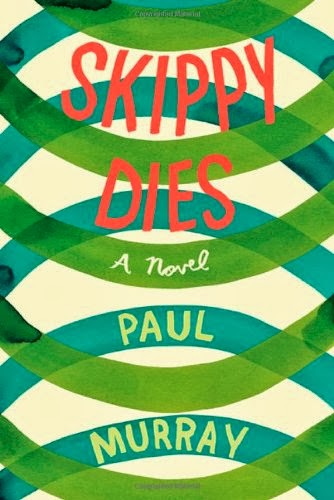 The last book I read by an Irish author was Skippy Dies (M) by Paul Murray. I loved it. Though it was heavy. The story was rich, with lots of layers, and the characters were well-developed. The Fields starts off light – in the first few pages we see the young protagonist, Jim, serving as cat-nurse by holding his congested kitten over steaming water. And while the image made me laugh, the cat dies a few paragraphs later. And I see how this book may be more like Skippy Dies than I expect. Where the humour is dark; where love and abuse are blurred by some; where being a teenager is portrayed painfully well.
The last book I read by an Irish author was Skippy Dies (M) by Paul Murray. I loved it. Though it was heavy. The story was rich, with lots of layers, and the characters were well-developed. The Fields starts off light – in the first few pages we see the young protagonist, Jim, serving as cat-nurse by holding his congested kitten over steaming water. And while the image made me laugh, the cat dies a few paragraphs later. And I see how this book may be more like Skippy Dies than I expect. Where the humour is dark; where love and abuse are blurred by some; where being a teenager is portrayed painfully well.
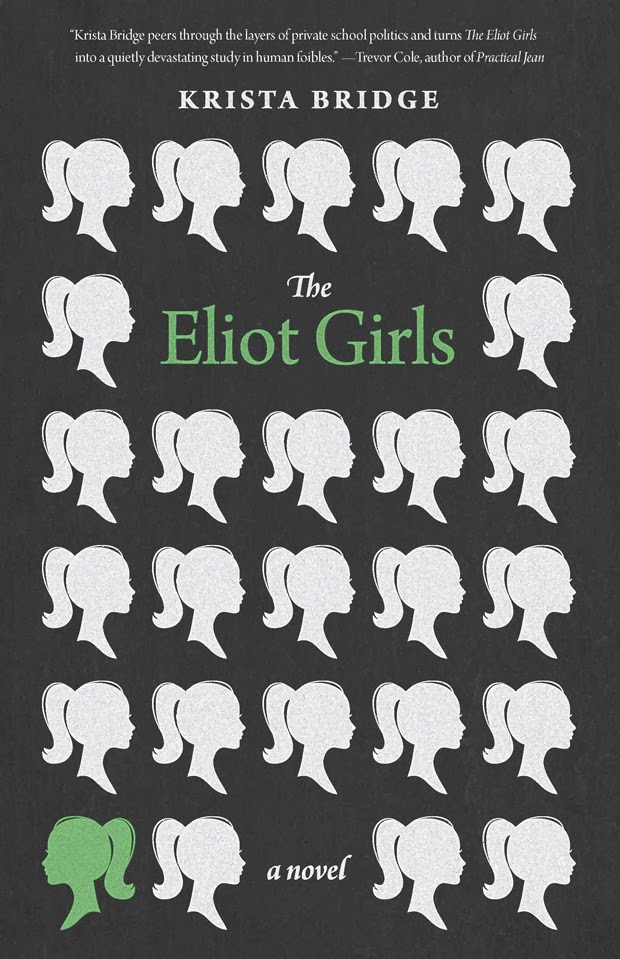 The third book I picked up is The Eliot Girls (M) by Torontonian Krista Bridge. Eliot refers to George Eliot Academy, a girls’ private school where Ruth teaches, and her daughter Audrey has just been accepted to attend. This calls to mind Skippy Dies as well. More teenagers, and trauma. The publisher’s description notes social awareness: “an acutely observed exploration of betrayal, cruelty, and fallen idols, The Eliot Girls deftly explores the intimacies and injustices of privileged female adolescence and the relationship of a mother and daughter for whom life will never be the same.” With an attention to language that may feel at times like an English class, the author is certainly working to match content and form. And if you like awards, this book was a finalist for the 2013 Rogers Writers’ Trust Fiction Prize.
The third book I picked up is The Eliot Girls (M) by Torontonian Krista Bridge. Eliot refers to George Eliot Academy, a girls’ private school where Ruth teaches, and her daughter Audrey has just been accepted to attend. This calls to mind Skippy Dies as well. More teenagers, and trauma. The publisher’s description notes social awareness: “an acutely observed exploration of betrayal, cruelty, and fallen idols, The Eliot Girls deftly explores the intimacies and injustices of privileged female adolescence and the relationship of a mother and daughter for whom life will never be the same.” With an attention to language that may feel at times like an English class, the author is certainly working to match content and form. And if you like awards, this book was a finalist for the 2013 Rogers Writers’ Trust Fiction Prize.

